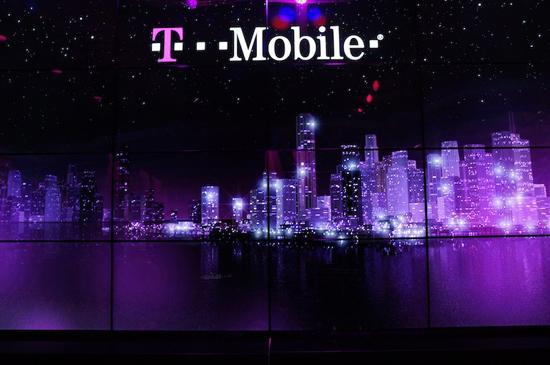
While it would be great to see companies like Samsung and Apple revolutionize the mobile market this year, we may be looking at a suite of new phones that have essentially plateaued in the hardware department. Sure, we’ve seen Samsung’s new Exynos 5 Octa eight-core processor, and Huawei has suggested they’ll have their own uber-powerful eight-core chip sooner rather than later. We’ll have more 1080p screens. Hopefully we see additional RAM in our phones, too, just for good measure. Oh, and super thin. Let’s not forget that.
Ah, even if we have hit a plateau in some areas, I’m still excited for the hardware of our new phones. It’s going to be impressive, in different ways. Will 2013 see these changes? We’ll see. Maybe at the very end of the year. That still counts, though. I’m not holding my breath, and I’ll just be happy with whatever new things we get.
So, if hardware is going to ride the horizontal for a bit, and if you’re not all that excited about software, where else can we look for big changes? Tablets, maybe, but instead of focusing on devices specifically this time around, let’s look at the carriers and how they’re going to tackle phones in this New Year.
As it stands, it looks like T-Mobile USA is the only one willing to change things in a big way. As we’ve heard for some time now, the magenta carrier is moving to their Value Plans. That means they’re effectively dumping phone subsidies. No more phone discounts for signing a new, two-year contract. While some people may be on the fence about it, T-Mobile is gung-ho, and even says that the majority of their customers have already made the switch to the plans ahead of their full roll-out this year.
Honestly, that’s impressive by itself. Even if T-Mobile doesn’t have as many subscribers as Verizon and AT&T, the fact that T-Mobile is seeing any success in their Value Plans is a sign that consumers are capable of change. It’s a fair assumption that the general consumer is “used to” the presence of subsidies and contracts, so this is good news all around.
It gets better when you look at a recent report that states both Verizon and AT&T are prepared to look at how well T-Mobile USA does with their unsubsidized phones, and gauge their own contract practices. Will they change? Are the old timers in the United States cellular market able to change? That’s the big question, isn’t it?
Another question I have, is how popular does T-Mobile have to be, exactly? At the beginning of December last year, T-Mobile USA’s CEO John Legere said that about 80 percent of the post-paid activations made in stores are Value Plans already. I don’t know about you, but I’d say that is pretty successful. Are these other executives at the other wireless carriers assuming that people are suddenly going to change their minds because T-Mobile is going 100% to Value Plans? That doesn’t quite balance out for me.
That just suggests to me that more activations will be Value Plans. After all, there won’t be any other options. So unless a bunch of potential subscribers suddenly jump ship, I think T-Mobile’s ship is going to keep on sailing forward into the glorious, unsubsidized future.
I think T-Mobile is doing a brave thing here, and that they should be commended for just trying it. I can’t honestly say whether or not the majority of US citizens are ready to drop their contracts in favor of full-price phones. I don’t know anyone outside of work who buys full price phones, unless their phone breaks and they don’t have insurance. Many of them would wait for their upgrade date, anyway.
But how do you feel about dropping your contract? Are you going to make the switch in 2013? Or are you a fan of subsidized phones, and two-year agreements? Are you hoping T-Mobile has (more?) success with their Value Plans, so carriers like AT&T and Verizon really consider switching to that option? Let me know!